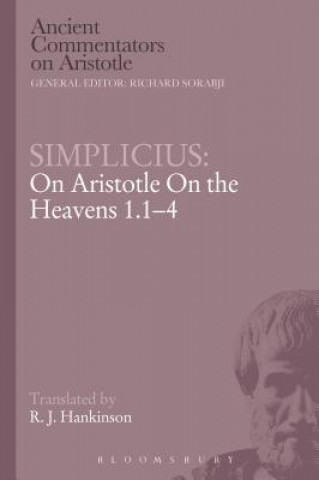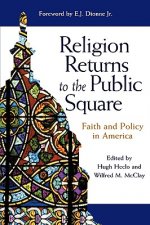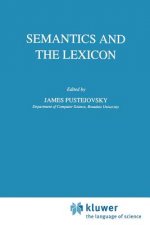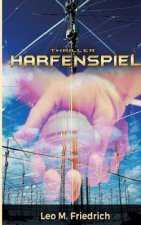
Delivery
Shopping guide





Doesn't suit? No problem! You can return within 30 days
 Gift voucher
any value
Gift voucher
any value
You won't go wrong with a gift voucher. The gift recipient can choose anything from our offer.
Simplicius: On Aristotle On the Heavens 1.1-4
 English
English
 168 b
168 b
 Delivery to Austria
Delivery to Austria
30-day return policy
You might also be interested in


In chapter 1 of On the Heavens Aristotle defines body, and then notoriously ruptures dynamics by introducing a fifth element, beyond Plato's four, to explain the rotation of the heavens, which, like nearly all Greeks, Aristotle took to be real, not apparent. Even a member of his school, Xenarchus, we are told, rejected his fifth element. The Neoplatonist Simplicius seeks to harmonise Plato and Aristotle. Plato, he says, thought that the heavens were composed of all four elements but with the purest kind of fire, namely light, predominating. That Plato would not mind this being called a fifth element is shown by his associating with the heavens the fifth of the five convex regular solids recognised by geometry. Simplicius follows Aristotle's view that one of the lower elements, fire, also rotates, as shown by the behaviour of comets. But such motion, though natural for the fifth elements, is super-natural for fire. Simplicius reveals that the Aristotelian Alexander of Aphrodisias recognised the need to supplement Aristotle and account for the annual approach and retreat of planets by means of Ptolemy's epicycles or eccentrics. Aristotle's philosopher-god is turned by Simplicius, following his teacher Ammonius, into a creator-god, like Plato's. But the creation is beginningless, as shown by the argument that, if you try to imagine a time when it began, you cannot answer the question, 'Why not sooner?' In explaining the creation, Simplicius follows the Neoplatonist expansion of Aristotle's four 'causes' to six. The final result gives us a cosmology very considerably removed from Aristotle's.
About the book
 English
English


 Contact
Contact How to shop
How to shop
































